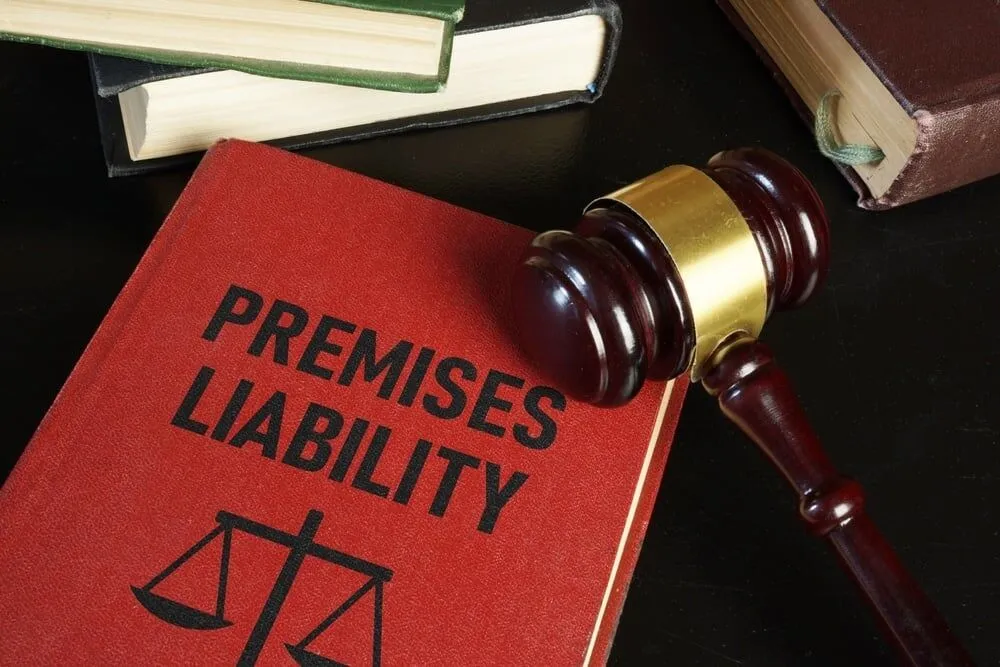Preserving your wealth and ensuring a smooth transition of assets to your loved ones is a cornerstone of effective estate planning. A living trust, when set up correctly, offers an invaluable tool to protect your estate, minimize taxes, and keep your family out of probate court. With the complexities surrounding living trusts, consulting with a knowledgeable attorney is essential to safeguard your legacy. This comprehensive guide delves into the insights of living trust attorneys, exploring the crucial steps to preserving your wealth and ensuring your wishes are honored.
What is a Living Trust?
A living trust is a legal document that holds your assets during your lifetime and dictates the distribution of those assets upon your death. Unlike a will, a living trust can provide privacy, avoid probate, and offer immediate access to your estate’s assets after death, which is why it has become a favored option among many individuals seeking a streamlined estate planning process.
Benefits of Establishing a Living Trust
Living trusts offer a multitude of advantages that make them an attractive choice for estate planning. Here are some key benefits:
- Avoidance of Probate: One of the primary reasons people opt for a living trust is to avoid the lengthy and costly probate process. Probate is a public process that can delay the distribution of assets and expose sensitive family information.
- Privacy Protection: A living trust keeps your estate details private, as it does not become a public record, unlike a will. This privacy can be crucial for families wanting to keep financial matters confidential.
- Flexibility and Control: A living trust allows you to maintain control over your assets during your lifetime. You can modify or revoke the trust as circumstances change, ensuring that your estate plan evolves with your needs.
- Incapacity Planning: A living trust is invaluable if you become incapacitated, as the appointed trustee can manage your assets without court intervention, maintaining continuity and protecting your estate.
Choosing the Right Living Trusts Attorney
Selecting the right attorney is vital when establishing a living trust. A skilled living trusts attorney will guide you through the complexities of trust law, tailor your trust to meet your specific needs and ensure all legal formalities are meticulously followed. When choosing an attorney, consider the following:
- Experience in Estate Planning: An attorney with extensive experience in estate planning will be well-versed in the nuances of living trusts, ensuring that your trust is legally sound and aligned with your goals.
- Understanding of State Laws: Estate planning laws can vary significantly by state. An attorney familiar with your state’s laws can provide valuable insights and prevent costly legal missteps.
- Transparent Communication: Your attorney should be transparent about fees, the process involved, and the timeline. Clear communication fosters trust and ensures that you are well-informed throughout the estate planning journey.
Steps to Create a Living Trust

Creating a living trust involves several detailed steps, each crucial to ensuring that your trust functions as intended. Here’s a step-by-step guide:
- Determine Your Assets: Start by listing all your assets, including real estate, bank accounts, investments, and personal property. This inventory will form the basis of your living trust.
- Choose a Trustee: The trustee is responsible for managing the trust assets. You can act as the initial trustee, but you will also need to appoint a successor trustee to take over upon your death or incapacitation.
- Draft the Trust Document: Your attorney will help you draft the trust document, specifying how your assets will be managed during your lifetime and distributed upon your death.
- Transfer Assets into the Trust: To make the trust effective, you must transfer ownership of your assets into the trust’s name. This process, known as funding the trust, is critical and often requires additional paperwork, such as retitling deeds and updating beneficiary designations.
- Review and Update Regularly: Life changes, such as marriages, divorces, births, or significant financial shifts, can impact your trust. Regularly review and update your trust with your attorney to keep it current.
Common Misconceptions About Living Trusts
Several things could be improved about living trusts that can deter individuals from considering this valuable estate planning tool. Understanding the facts is essential to making informed decisions.
- Myth: Living Trusts are Only for the Wealthy.
- Reality: Living trusts are beneficial for estates of all sizes. They provide control, privacy, and protection that appeal to a wide range of individuals, not just the ultra-wealthy.
- Myth: Creating a Living Trust is Complicated and Expensive.
- Reality: While there are costs involved, the long-term savings from avoiding probate and reducing legal fees make living trusts a worthwhile investment.
- Myth: A Living Trust Protects Assets from Creditors.
- Reality: While a living trust offers many advantages, it does not protect your assets from creditors during your lifetime. For creditor protection, additional estate planning strategies are required.
How Living Trusts Enhance Estate Planning
Living trusts play a pivotal role in enhancing your overall estate planning strategy. They work seamlessly with other estate planning tools, such as wills, durable powers of attorney, and healthcare directives, to create a comprehensive plan that addresses every aspect of your life and legacy.
- Avoiding Family Disputes: A well-crafted living trust can help avoid family disputes by clearly outlining your wishes. When beneficiaries understand that trust represents your explicit instructions, there is less room for conflict.
- Tax Efficiency: While living trusts alone do not reduce estate taxes, they can be designed with provisions that complement tax planning strategies, such as bypass trusts or charitable giving, which can minimize the tax burden on your estate.
- Asset Distribution Flexibility: Unlike a will, which often distributes assets outright, a living trust can include detailed provisions about how and when beneficiaries receive their inheritance, offering greater control over the timing and conditions of distributions.
Living Trusts vs. Wills: Understanding the Key Differences
While both living trusts and wills are essential estate planning tools, understanding their differences is crucial to determining which is right for your needs.
- Probate: Wills must go through probate, whereas living trusts avoid this process, allowing for a more streamlined asset distribution.
- Privacy: Wills become part of the public record during probate, while living trusts remain private, protecting the details of your estate.
- Incapacity Planning: A living trust provides a mechanism for managing your assets if you become incapacitated, something a will cannot do.
The Role of Asset Protection in Estate Planning

Asset protection is a critical component of comprehensive estate planning, particularly for individuals with significant wealth or those in professions with higher liability risks. Integrating asset protection strategies with a living trust can provide an additional layer of security for your estate.
- Protecting Against Lawsuits: Certain trusts, such as irrevocable trusts, can shield assets from lawsuits and creditors, offering peace of mind in knowing that your wealth is protected.
- Preserving Family Wealth: Asset protection strategies help preserve wealth for future generations, preventing it from being eroded by legal claims or financial mismanagement.
How to Keep Your Living Trust Updated
A living trust is not a set-it-and-forget-it document; it requires regular updates to ensure it aligns with your current life situation and goals. Here are some situations when you should revisit your living trust:
- Significant Life Changes: Marriages, divorces, births, and deaths in the family can all necessitate updates to your living trust.
- Changes in Assets: Acquiring or selling significant assets, such as property or investments, requires updating your trust to reflect these changes.
- Tax Law Changes: Changes in tax laws can impact your estate plan. Regularly reviewing your living trust with your attorney ensures it remains tax-efficient.
Working with a Living Trusts Attorney: What to Expect
When working with a living trusts attorney, you can expect a collaborative process designed to tailor your trust to your unique needs. Here’s what the process typically involves:
- Initial Consultation: Your attorney will discuss your goals, assess your financial situation, and provide recommendations on the best estate planning tools for your needs.
- Drafting the Trust: Once the terms of the trust are agreed upon, your attorney will draft the legal document, ensuring it reflects your wishes and complies with state laws.
- Review and Sign: You will have the opportunity to review the trust document with your attorney, ask questions, and make any necessary adjustments before signing.
- Funding the Trust: Your attorney will guide you through the process of transferring assets into the trust, ensuring that all the required paperwork is completed correctly.
- Ongoing Support: A reasonable attorney will offer ongoing support, assisting with updates and addressing any concerns that arise as your circumstances evolve.
Conclusion: Securing Your Legacy with a Living Trust
Creating a living trust is a proactive step towards securing your legacy, protecting your wealth, and providing for your loved ones. By working with a knowledgeable living trusts attorney, you can ensure that your estate plan reflects your wishes and stands the test of time. Whether you are just beginning to explore estate planning or looking to refine your existing strategies, a living trust offers unparalleled benefits in preserving your assets, maintaining privacy, and avoiding the pitfalls of probate.
Remember, estate planning is not just about passing on wealth—it’s about preserving your legacy. Taking the time to establish a living trust today can make all the difference for your family’s future tomorrow.




